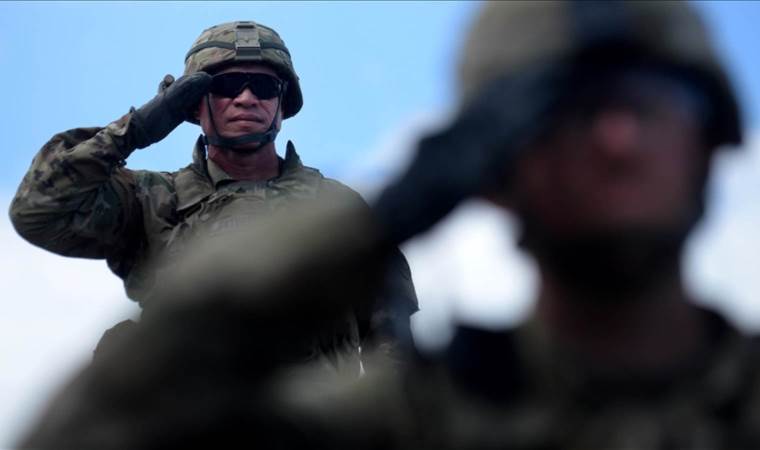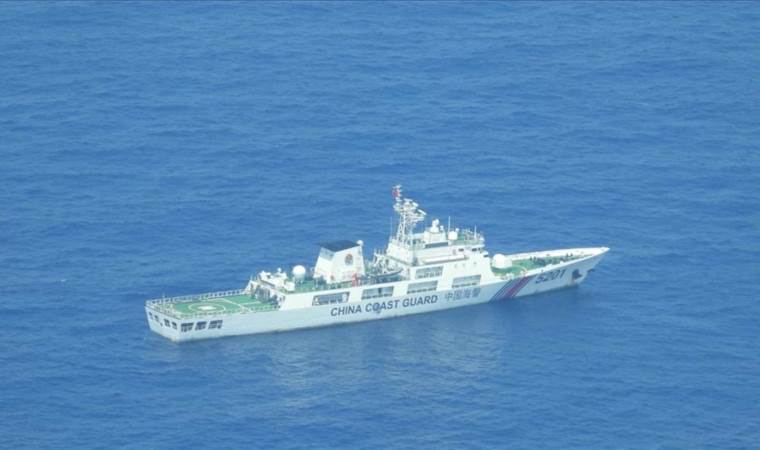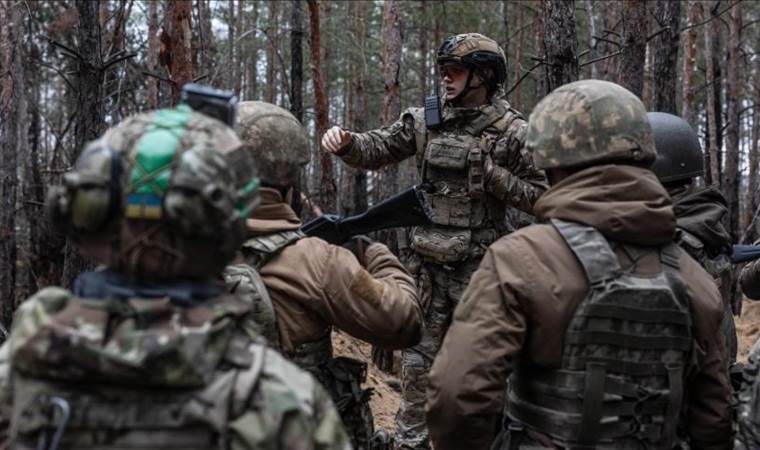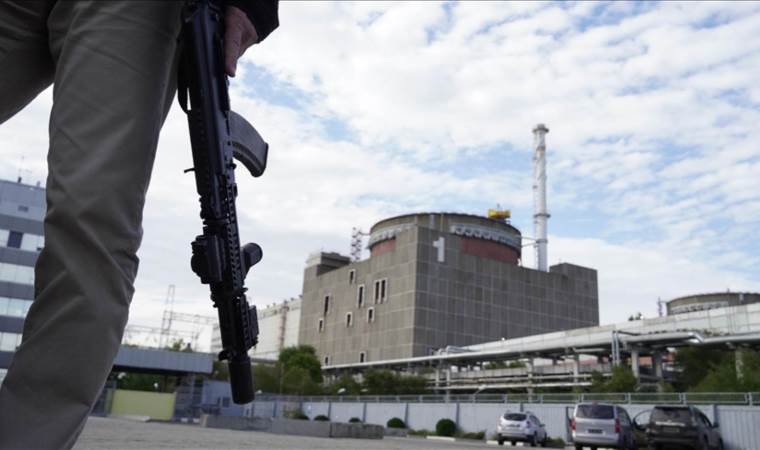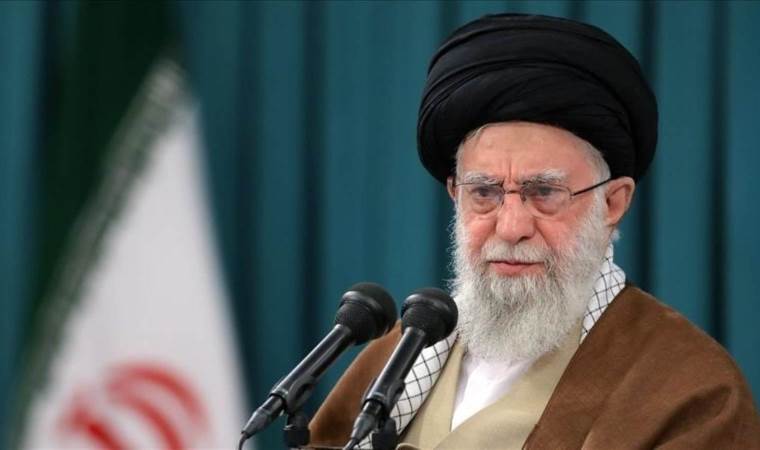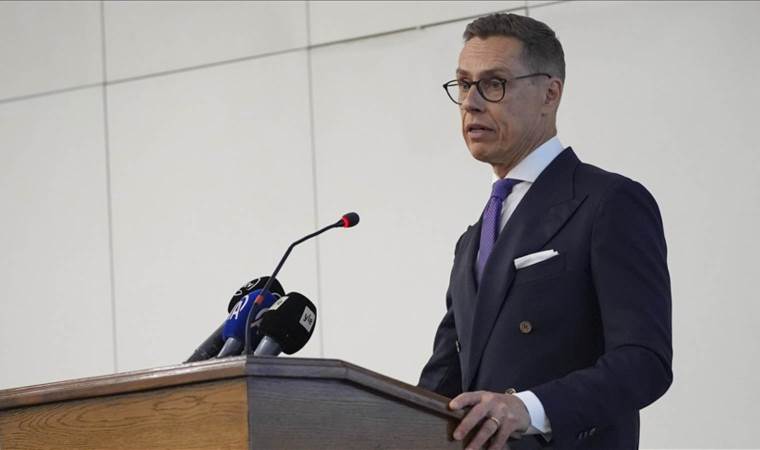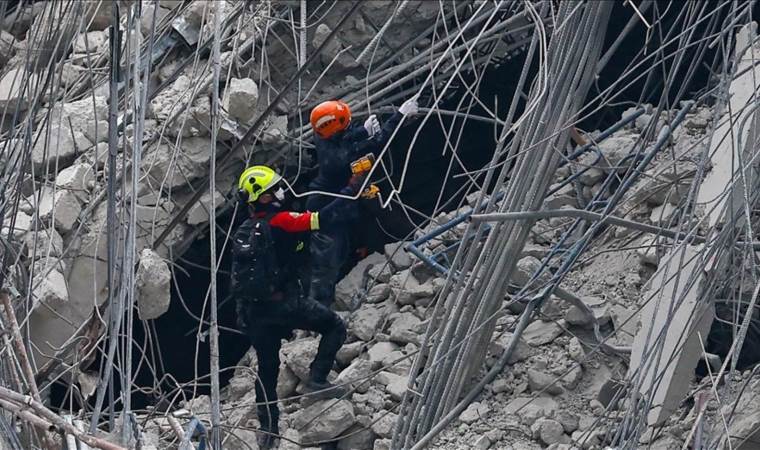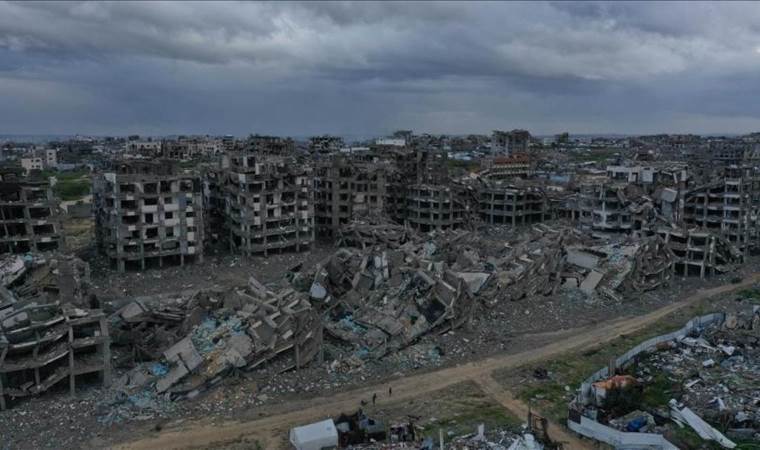Authors Columns of the Day Sport Guest Life All Authors
From the dream of a buffer zone to temporary relief
Recently, Assad's statement that he is "not closed to talks with Turkiye" has evidently given Erdoğan renewed hope. Just a year ago, Assad questioned, "Why should we meet with Erdoğan, to drink soda?" and set conditions for any meeting. Now, Assad is signaling his openness to dialogue. This sudden shift is not because he misses vacationing with Erdoğan. Assad anticipates further regional turmoil and sees that after Israel's attack on Lebanon under the pretext of targeting Hezbollah, Syria might be next.
He had foreseen this during the so-called "Arab Spring" when regional countries were being reconfigured. However, Erdoğan, along with then-Foreign Minister Ahmet Davutoğlu and MİT Undersecretary Hakan Fidan, did not see the impending dangers.
At that time, they were lost in a fantasy, unable to foresee the threats. When the U.S. Secretary of State hinted at possible intervention in Syria, Turkiye, anxious not to be late like in Libya, stepped forward.
CAMPS WERE ESTABLISHED BEFORE THE CIVIL WAR
To expedite UN or NATO intervention, Turkiye opened its borders wide to refugees. So much so that refugee camps were already set up in Antakya before the Syrian civil war began. In a 2010 interview with Utku Çakırözer, Assad pointed out, "Turkiye set up camps in border provinces even before refugees arrived. I wonder, how did they know refugees would come?"
When it became clear there would be no military intervention, Erdoğan's administration clung to the dream of a buffer zone, believing that the more refugees they accepted, the faster the buffer zone would be established. Refugees, even from non-conflict areas, flocked to Turkiye in the millions.
Erdoğan didn't foresee the future problems of his open border policy aimed at toppling Assad quickly. The influx of jihadists from around the world through Turkiye didn't worry them. But when they closed the borders, ISIS retaliated with violence in Turkiye.
DAVUTOĞLU AND THE PKK SHARE THE SAME VIEW
Whatever covert agreement existed with ISIS, Turkiye even refused to join the International Coalition formed to combat the group. The result: the U.S. delegated this task to the PKK, granting them the privilege of establishing a canton south of Turkiye. Davutoğlu had declared back then, "Turkiye is not the guardian of the Sykes-Picot maps," and the PKK acted accordingly. Thanks to Erdoğan's obsessive Syria policy, Turkiye now hosts 10 million refugees, and the U.S.-backed PKK statelet is making strides toward statehood in the south.
Erdoğan is in a difficult position due to both the autonomous efforts of the YPG in the south and the anger directed at the AKP over the refugee situation. Hence, he seeks to reconcile with Assad. But now he faces trouble with the jihadists he has been protecting in Idlib. For now, they have rebelled in Idlib. If an agreement is reached with Assad, these groups, like ISIS, might turn their violence toward Turkiye.
Expecting refugees to return home after reconciling with Assad is a pipe dream. There are no houses, jobs, or infrastructure for them to return to. Erdoğan can hardly demand Assad build homes and find jobs for them. If he does, Assad might retort, "Let those who destroyed their homes, build them."
Erdoğan's meeting with Assad will do little more than ease domestic tensions. Turkiye's Syria policy can be summarized by a common Anatolian limerick:
“I coveted wealth/ Gave my daughter to a man/ The man died/ The daughter became my burden.”
Yazarın Son Yazıları All Columns
Günün Köşe Yazıları
Most Read News
-
 US Army says 3 soldiers found dead in Lithuania after ve
US Army says 3 soldiers found dead in Lithuania after ve
-
 French presidential front-runner Le Pen vows to challeng
French presidential front-runner Le Pen vows to challeng
-
 China discovers 100-million-ton crude oil reserve in Sou
China discovers 100-million-ton crude oil reserve in Sou
-
 Germany’s Baerbock announces $12B military aid package f
Germany’s Baerbock announces $12B military aid package f
-
 Russia, Ukraine trade accusations over renewed strikes o
Russia, Ukraine trade accusations over renewed strikes o
-
 Khamenei warns of ‘firm retaliation’ to any ‘external ag
Khamenei warns of ‘firm retaliation’ to any ‘external ag
-
 Finland plans to quit landmine treaty: President
Finland plans to quit landmine treaty: President
-
 Ukraine says it carried out 1st round of consultations w
Ukraine says it carried out 1st round of consultations w
-
 Death toll from Myanmar earthquake surpasses 2,700
Death toll from Myanmar earthquake surpasses 2,700
-
 Gaza death toll nears 50,400 as Israeli army kills 42 mo
Gaza death toll nears 50,400 as Israeli army kills 42 mo

